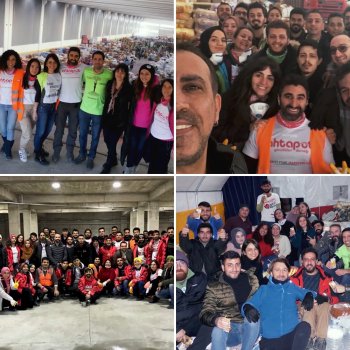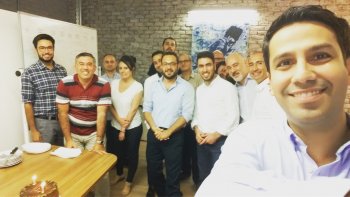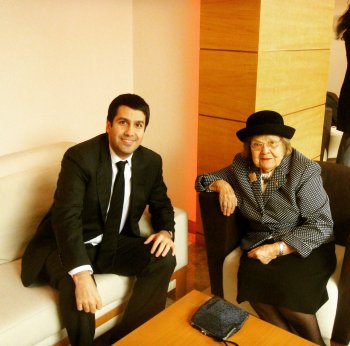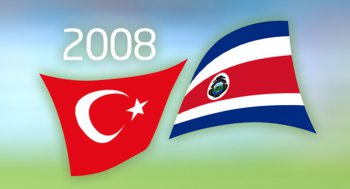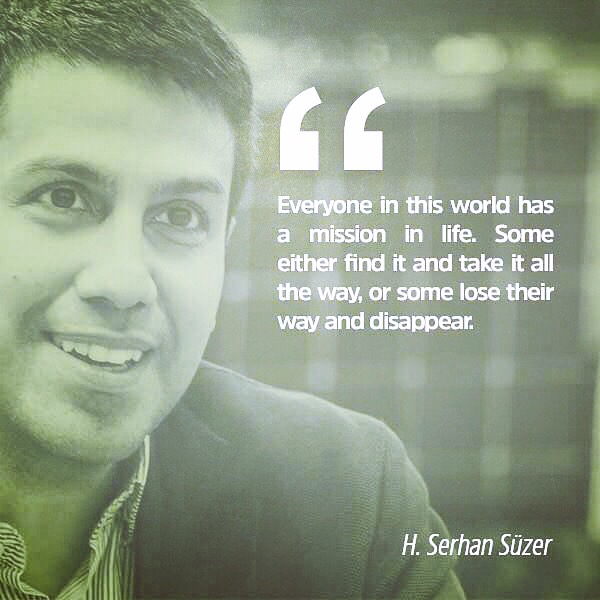The course of the COVID-19 pandemic around the world and my experiences
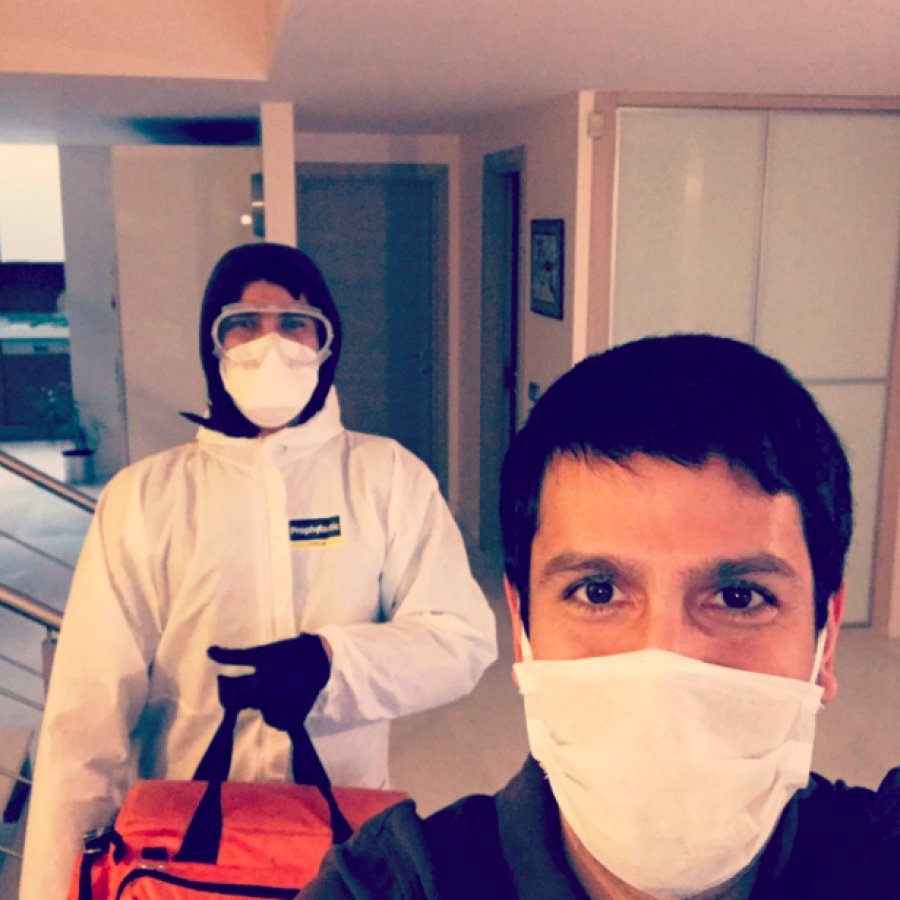
I devoted my last article to my observations of the spread of the coronavirus that caused the COVID-19 disease and the precautions that we need to quickly understand its severity. My first article was predominantly based on the effects in Turkia, and in this article, I will focus on the virus and its effects on a global scale, and I'll share some of my experiences on this subject.
Since we are all at home, we have been bombarded on this issue in communication groups such as social media and Whatsapp groups. Information has streamed to everyone. I would also like to combine the information I received from my communication channels with some of the articles I have read and convey the subject from a broader perspective.
First of all, we all know that this epidemic has turned into a pandemic (a worldwide epidemic). The COVID-19 virus, which started when the first cases were seen in Wuhan, China in December 2019 and spread rapidly since January of this year and affected the whole world, was declared as a pandemic by the World Health Organization (WHO) as of March 11: http://www.euro.who.int/en/health-topics/health-emergencies/coronavirus-covid-19/news/news/2020/3/who-announces-covid-19-outbreak-a-pandemic
In my article about the 2nd Food Banking Summit that I wrote in February, I wrote that the most interesting question of the day was the one I asked about coronavirus to the Singapore Food Bank Manager Nichol. I share the link of that article to remind you: https://serhansuzer.com/en/2-gida-bankaciligi-zirvesinin-ardindan. I asked him how the coronavirus outbreak affected Singapore and his own food banking operations. He answered my question as follows:
Trouble finding volunteers
“This is a serious crisis. It affected the whole country, and its regions. It is even spreading around the world now. We all work from home, and we do not go out unless we have to. All markets and places that sell basic necessities have always been empty. Everyone is stocking it at home and, if possible, not going out. Of course, in such an environment, we may have difficulties in food banking operations that require manpower. Professionals relatively have to fulfil their duties, but we have difficulties especially in finding volunteers.”
While making this speech, I learnt that for the first time in my life, that they locked themselves in the house as part of social isolation. Nichol gave another warning in his response: “Be careful, this epidemic may come to you soon. You may have to live under the same conditions”. And what he said happened. In fact, not only is Turkia effected by this epidemic, it has virtually spread to the rest of the world.
A warning from our Italian technician
Similarly, I asked our technical affairs officer Guenael in our Italian Office about the situation, who is responsible for the German Senvion turbines we use in the wind project we established in the Kandıra district of Izmit. He lives in Milan and works from home. When I asked at the beginning of March, he stated that the situation was turning into a bigger disaster and that no one could leave the house. Like in Singapore, our acquaintances in Italy gave us a similar warning: Be careful, the same environment may eventuate there. This epidemic is a very dirty thing. It paralyzes all life.
When we spoke to Guenael at the beginning of March, he stated that they had been cooped up at home for a month and now the time is longer. Italians are a nation with Mediterranean blood like us. They don't like sitting at home and being social is part of their culture. So, I can imagine how difficult this process is for both those who stay at home and those who try to persuade the public to stay at home.
The enraged mayors
Italians are trying to overcome this process spiritually by saying "everything will be fine" and making music on their balconies. Here are some images from Italy: https://www.instagram.com/tv/B9sEkRSpDGD/?igshid=qd4khjv6bq81
We witness similar scenes in other countries. Here is the video of a gym in Spain doing sports with the local people: https://www.instagram.com/tv/B-CTrfUKKn6/?utm_source=ig_web_button_share_sheet
And this is a serenade performed by an opera singer on a balcony in Argentina:
However, the situation is not calming. In fact, public officials are seriously complaining about the Italian people's disobedience. As an example of this, I would like to share with you one of the videos I have seen about an Italian mayor absolutely losing it:
And this is a video of another enraged mayor:
As you know, Italy takes the lead for the number of deaths from coronavirus. The country is experiencing one of the biggest disasters in its history, and they have yet to contain this situation. Worst of all, healthcare workers, doctors, nurses and others, who are at the forefront of the fight against the epidemic, both in Italy and any country in the world, can get infected and lose their lives. That is why I would like to thank the healthcare professionals once again, and hope they do not have any health problems and wish them good luck.
Personally, I equate the sacrifices of healthcare professionals with soldiers who do not hesitate to give their lives for the country. They, too, risk their own lives in order to save their relatives and other people.
I would like to share a video displaying an applause in Turkia which occurred at 9pm. Here are the images that emerged in Niğde, Nevşehir and Afyon: https://www.msn.com/tr-tr/video/finans/sağlık-çyalılara-alkışlı-destek-sürdü-niğde-nevşehir-afyonkarahisar/vp-BB11vURz
I believe that a similar applause should be made in the future for the employees of grocery stores, logistics, charities, banks and companies that produce essential products and others who have to work outdoors.
The spreading speed of the epidemic and useful links
This is such an epidemic that as of today, it has infected approximately 600,000 people worldwide, cost the lives of more than 27,000 people, and has occurred in more than 170 countries. These figures I mentioned are increasing rapidly day by day. You can view the details on the COVID Visualizer website: https://www.covidvisualizer.com/. I am sorry to say that these numbers will probably appear in a completely different dimension a few months or even weeks after writing this article.
You can get information about the coronavirus from many different sources about all over the world. Here I share a few useful links:
The section where the World Health Organization has official information on the coronavirus website: https://www.who.int/emergencies/diseases/novel-coronavirus-2019/
The official website of the United States of America on coronavirus: https://www.coronavirus.gov/
It is a fact that we have experienced one of the biggest epidemics in human history. We know that around 100 million people died from the Black Plague, which was the deadliest epidemic in all history, that emerged in the 14th century and lasted until the 18th century.
I would like to share with you the following cartoon that humiliates historical pandemics and one which made me laugh:
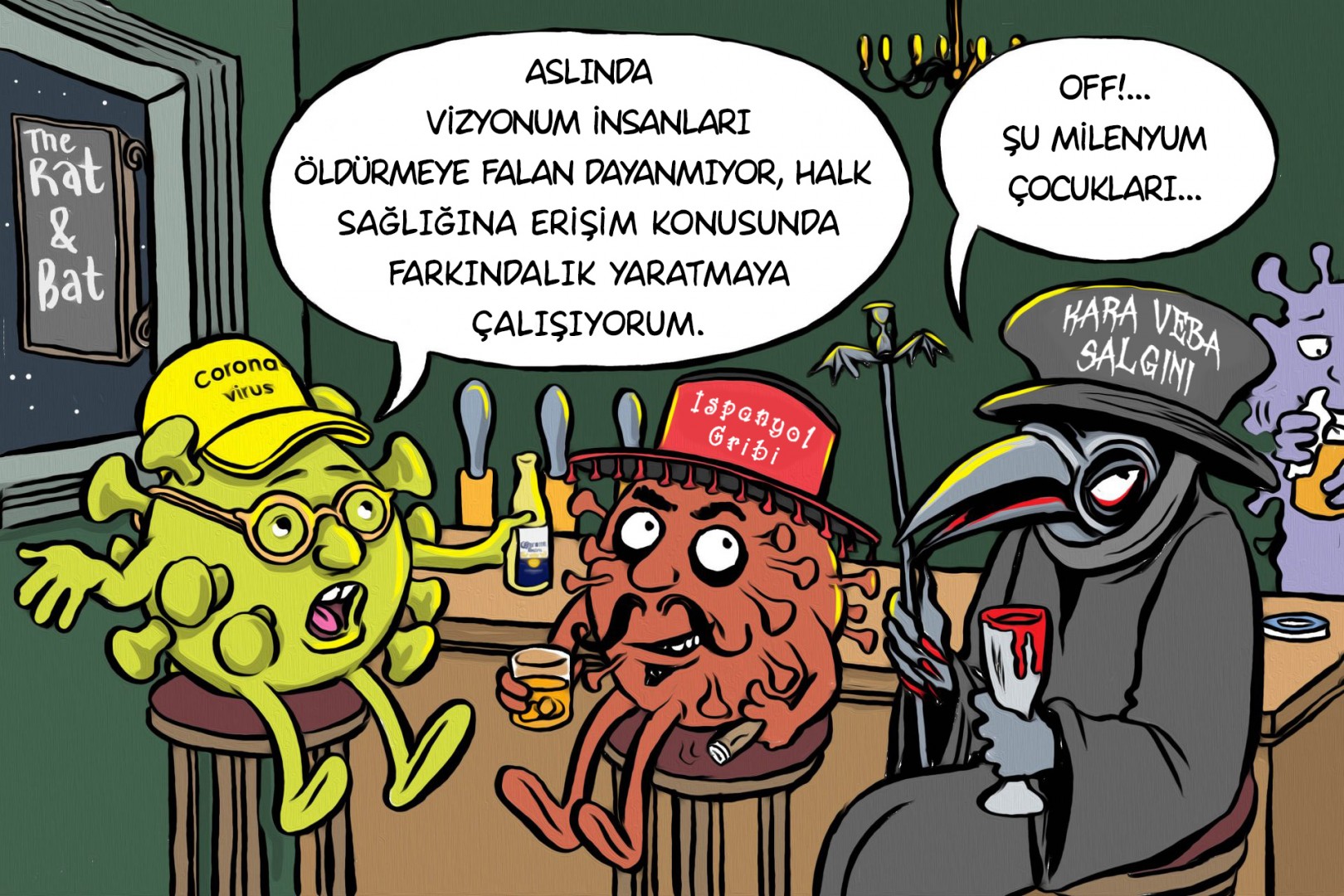
Here, as a new generation virus, he refers to the fact that the coronavirus is not as lethal as the viruses of the past.
Of course, whether it is lethal or not varies from person to person. Here is a summary of the quarantine of the cruise ship Diamond Princess, which made headlines all over the world, and Carl Goldman's article published in the Washington Post on February 29, 2020:
High transmission rate is the biggest threat
The main theme of this article is the sentence "I have a coronavirus and it's not that bad for me". However, the more dangerous feature of the coronavirus that stands out compared to other viruses is that its contagiousness is very high. It is so contagious that you become infected as soon as you come into contact with an infected person. There are still many unknowns about the virus.
When we look at the recent history of this cartoon, a quarter of the population of 2 billion people, that is, 500 million people, were infected and more than 50 million people died from the Spanish flu that occurred about 100 years ago.
So much so that amongst one of those who got this disease was our leader Kemal Ataturk, the founder the Republic of Turkia. According to the book written by Metin Özata, Atatürk caught this disease while he was preparing to go to Samsun and recovered from the disease in his house in Beşiktaş*. We all know what miracles he accomplished afterwards.
I will write a detailed article on viruses and pandemics later. For now, I will tell you why this epidemic did not start in Spain but was called the Spanish Flu. The reason for this is that Spain did not take part in the First World War and the Spanish press raised the issue of the epidemic for the first time, while the epidemic was not mentioned in other European states due to military censorship. However, it is known that this epidemic spread from soldiers who returned to their country at the end of the 1st World War.
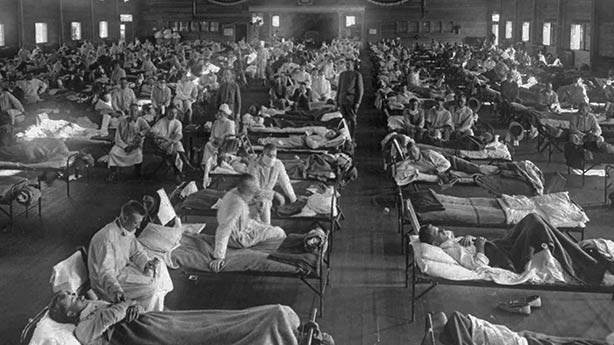
By the way, speaking of Spain, when today's Spain could not cope with the virus, the Spanish State nationalized the hospitals. Spanish Health Minister Salvador Illa announced that all private hospitals and private healthcare providers across the country were nationalized in March, just after the number of people who died due to the coronavirus epidemic in the country which doubled in one day.
Country governments measures to keep the economy afloat
When we look at other countries of Europe, the French stated that the expropriation option is open. French Finance Minister Bruno Le Maire said in order to protect the state of the country, the largest companies could intervene using whatever tools are on hand and "if needed can also use the expropriation term" and in Turkia, the government took over the management of private hospitals. So, in a sense also in Turkia, we can say that partial expropriation has taken place.
Governments are also taking serious measures in the economy. For example, the French President Emmanuel Macron said "No French company will face the risk of bankruptcy".
The government also came into play in Germany too. In this country, the government has announced that they will step in for companies in trouble.
England has declared that it will take unprecedented measures like other European countries. The British Finance Minister Rishi Sunak said they will announce a support plan for companies that are at risk of entering a financial crisis.
The Dutch Prime Minister Mark Rutte, stated that unprecedented measures will be taken against the coronavirus epidemic, "We are doing everything we can to ensure that companies do not go bankrupt and people do not lose their jobs. Either way, it will be a difficult time, but we will not disappoint you” he said.
While there is such a tendency all over the world, I can say that we are going through the days when even those who helped throughout their lives could be in need. For this, we continue our aid efforts at TIDER, of which I am the founder. In fact, we are talking about a solid structure with other sister NGOs in order to increase our impact even more despite all the difficulties. We will announce it soon. For now, I am sharing the following photos to give you an idea:
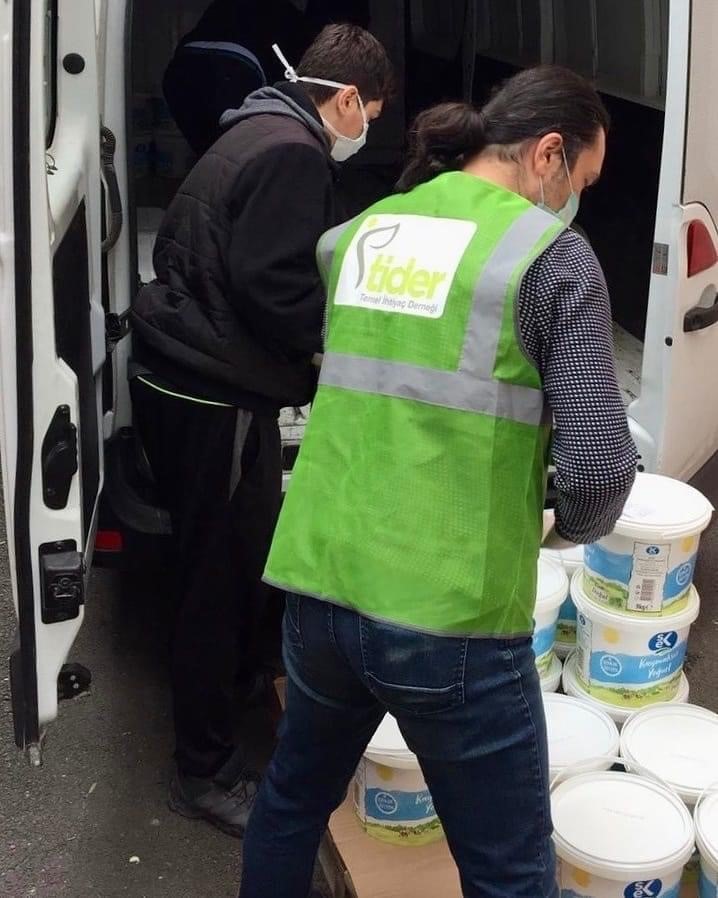
Let me continue to give examples from the issues related to me in the world. Those who know me know that I studied in Canada. I am proud of my university. McGill University are actively managing the COVID-19 pandemic. Here is the information my university gave at the beginning of the week (they make these updates every 2-3 days): https://www.instagram.com/tv/B-FtSWwA5VC/?igshid=17g3butzqd736
My university also provides information about this epidemic on its website: https://www.mcgill.ca/coronavirus/
In addition, they provide important information from different communication channels from time to time. Here's the topic titled "Anxiety management in the pandemic", covered by McGill experts on YouTube:
In Canada, the epidemic is also taken seriously. When Sophie Trudeau, wife of Canadian Prime Minister Justin Trudeau, who graduated from our school, was also positive for COVID-19, the public in Canada received the message that this epidemic could reach everywhere.
Costa Rica also got affected
Another example is from Costa Rica, where I was the honorary consul. In Costa Rica, as in all other countries, the police and security forces are trying to keep the people at home. Costa Ricans, who have a social culture, have a hard time staying inside like all other people. Costa Rica, which is a small country with a population of 4.5 million and a surface area of approximately 82,000 km2, seems to be relatively less affected than other countries with around 200 infected and 2 deceased people, but we know how quickly this epidemic has spread. I hope they can keep the security tight from the beginning. You can see the effort of the security forces on the streets of Costa Rica in the video below:
In the meantime, I would like to state that we have made serious efforts for the return of several Costa Ricans to their countries last week. The process that started with the cancellation of a few flights grew to cancellation of all flights with the exception for 4 countries. I wouldn't be surprised if flights from those 4 countries are cancelled soon too. This is why the Costa Rica to Panama, the most direct route from Turkia and Colombia was made by some citizens of Costa Rica via Istanbul. But of course, we fought seriously with the Costa Rican Embassy to organise this.
Turkish citizens left abandoned abroad
We also know of the difficulty the citizens of the Republic of Turkia have faced abroad as they cannot return to their country. For example, you can see a citizen of the Republic of Turkia who wants help in the video below.
May God help them. I hope they can return to our country very soon. We are witnessing many tragedies related to the coronavirus. Humanity is going through a serious test. Here is the cry of a doctor working in Baghdad, the capital of Iraq: https://www.hurriyet.com.tr/dunya/korona-virusle-mucadele-eden-irakli-doktordan-agerek-evde-kalin-cagrisi-41477757
In addition, social isolation affects the lives of many people. "Stay at home" campaigns are implemented by all countries and supported by different stakeholders. I would like to share the picture below as an example. How they announced that the movie theatre was closed explains everything: "cinema closed until real life doesn’t feel like a movie. Stay safe, be kind."
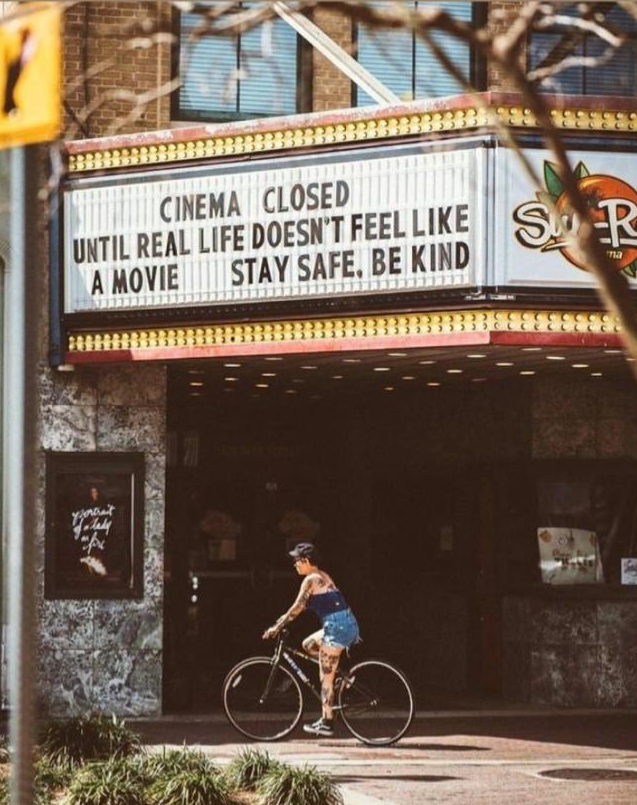
Those who suffer the most from this issue are those who are used to doing nature or outdoor sports. Here is the test these athletes give with the stay home campaign:
Kitesurf: https://www.instagram.com/p/B910YAJp4UZ/?igshid=xuklpun6l5d1
Snowboard: https://www.instagram.com/p/B-VEsPcFHRX/?igshid=67kkad54fjge
Bicycle: https://www.instagram.com/p/B-PKYiuHWzd/?igshid=1siha9s46l6sc
Fatih Terim's righteous reaction
Speaking of sports, everyone who knows me knows that I am a Galatasaray supporter. In my last article, I criticized the irresponsible behaviour of the football and basketball federations in our country. Immediately afterwards, it was determined that the vice president of the Galatasaray Club, Abdulrahim Albayrak and his wife, his son, Galatasaray coach Fatih Terim, Fenerbahçe basketball players and Fenerbahçe's German football player Max Kruse were infected with the coronavirus. I wish all of them an immediate recovery.
However, he expressed his reaction at the press conference after the match where Galatasaray played against Beşiktaş at their home ground. Here is what Fatih Terim said at the press conference: https://www.youtube.com/watch?v=HAxmVWWuKlw
This shows just how right Fatih Terim was. Naturally, Turkia’s largest sports community reacted quite seriously to this incident. In such situations, we must not deviate from the mind and science. Having said this, let's remember an important statement from the great leader Atatürk about science:
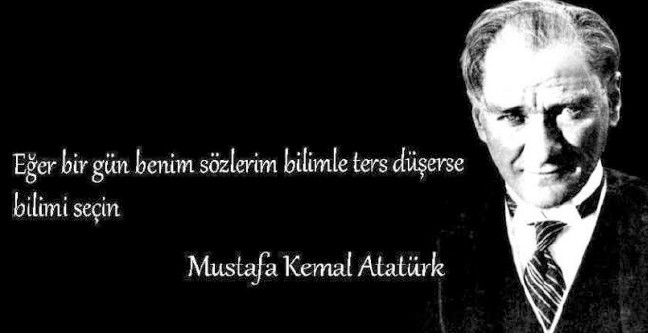
“If one day, my words are against science, choose science.” ― Mustafa Kemal Atatürk
Resources against disinformation
Meanwhile, we are witnessing all kinds of distortions from different communication channels about the coronavirus from all over the world. I would also like to share some links about this disinformation with you:
World Health Organization: https://www.who.int/emergencies/diseases/novel-coronavirus-2019/advice-for-public/myth-busters
Factrackers: https://www.factrakers.org/post/busted-coronavirus-myths-take-on-new-life
However, if enough importance and support were given to science, perhaps the vaccine for this epidemic would have already been found. Here is an article explaining how scientists had to stop work due to lack of funds they received when they were about to reveal the coronavirus vaccine: https://www.nbcnews.com/health/health-care/scientists-were-close-coronavirus-vaccine- years-ago-then-money-dried-n1150091
Countries leading by example
Among countries, those who have approached the pandemic most scientifically and established a system based on science are more successful than other countries. Her are 3 examples for you:
China: In China, which is the actual point of the crisis, despite its population of billions, they built two huge pandemic hospitals in a very short time. The Chinese people followed the suggestions of their government and did not leave the house except in emergencies. The Chinese followed everyone walking outside through cameras. They were able to detect who had contact with whom and all of them with artificial intelligence. They managed the process in complete discipline. Finally, they found that the malaria drug Plaquenil, which has other derivatives in the medical sector, is good for the coronavirus (it is also a kind of virus that causes malaria) and used it in the treatment processes of infected patients. As a result, they were able to contain the epidemic. Here is a video about the work they do for this cause:
Germany: They have managed the process very transparently. The German people mostly listen to the suggestions of the government and follow the instructions and social isolation rules. Germans also take the issue of testing seriously. In addition, the additional capacity created in the health sector ensures that material supply and immediate intervention mortality rates are much lower than in other countries.
Korea: Korea managed everyone with test kits from its experience in the SARS crisis. They traced the people who were in contact with everyone who tested positive and were immediately isolated. There was even the famous ‘Korea 31” case story that came out. While they achieved full control of up to 30 infected people, it was found that the 31st patient unfortunately engaged in very serious social activities and spread it to thousands of people. In fact, while they could have prevented this epidemic immediately, they could only stop it after it infected thousands of people. Nevertheless, S. Korea has been very successful in keeping protection tight. They managed to keep the number of infected people to a minimum.
As a result, at this stage, if the coronavirus does not have a vaccine yet, then we can say that increasing the number of tests and testing everyone, social isolation and hygiene are important elements of the fight against this epidemic. Not all countries take the same approach regarding test kits. As far as I understand from his English accent, I would like to share an interview with a healthcare worker in North America about discrimination in testing: https://www.instagram.com/p/B-M-ycHJ26M/?igshid=5xu7bqg1xyd7
Speaking on behalf of myself, I do not go out of the house except when necessary, and where I normally pay much attention to cleanliness, these days I take extra care with hygiene. Finally, as soon as I heard that home testing is possible, I had a test myself. I provided the sample at home and it was given to test by the authorised University of the T.C. Ministry of Health. The healthcare professional took a sample by inserting a long stick like cotton swab into the nose and to the throat and then twisted it. In other words, in technical words, I had a corona PCR of the nose swab. They also took my blood to analyze whether there is an infection or not. The test results, which come out in 2 days, reveal whether there is COVID-19 with 100% accuracy. Here is the selfie we took with the healthcare worker while taking the test at my home, taking into account the social distance:

What was my test result? Negative. However, after this result, does not mean I need to let go of the safety measures I am taking. On the contrary, I will increase my measures day by day. I hope this pandemic will end as soon as possible.
Stay safe.
* Özata M. 2007. Atatürk and Medical Students
Tag: sağlık


